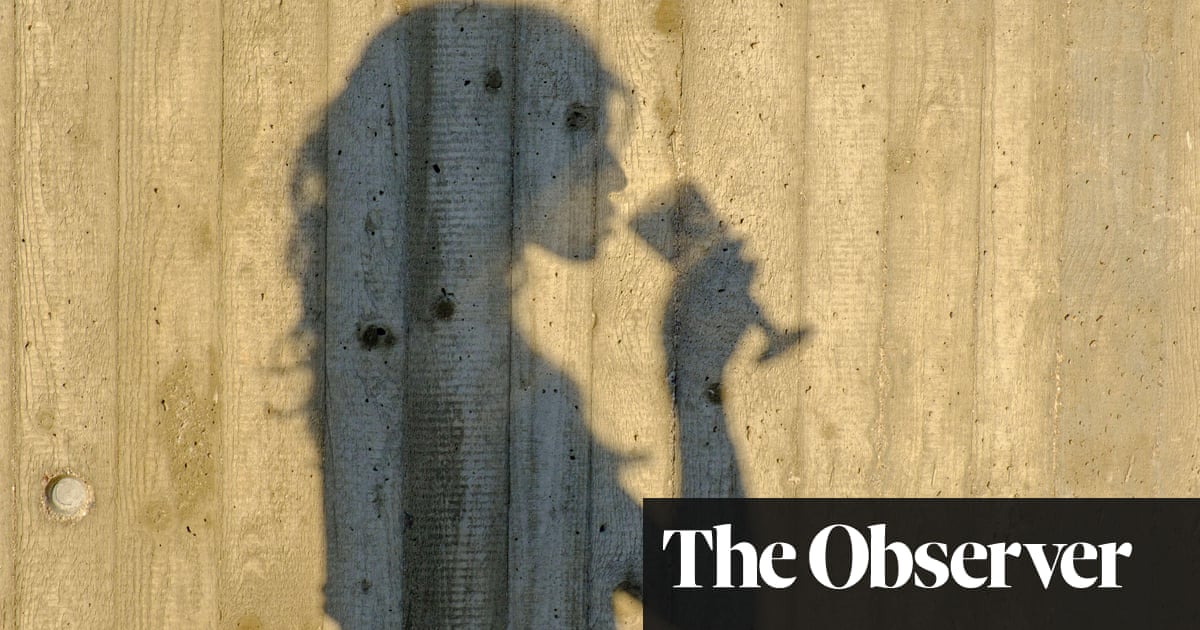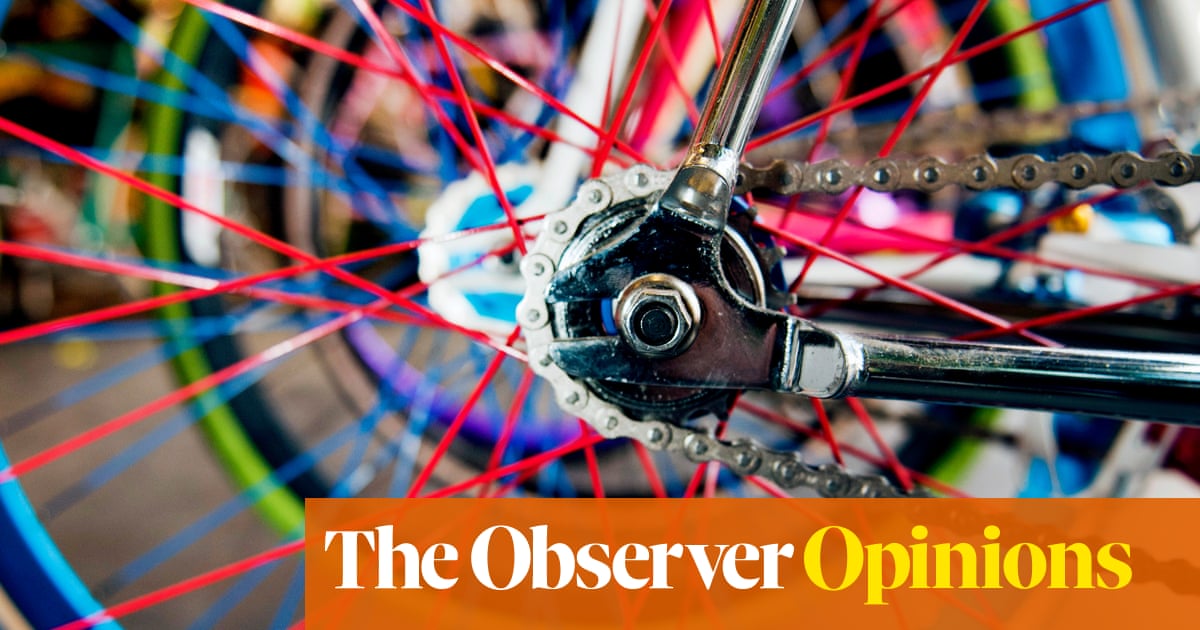When, in 2021, Olaf Scholz’s Social Democrats went into a “traffic light” coalition with the Greens and pro-business Free Democrats, the new government was riding high on an enthusiastic spirit of cooperation.
There were promises to modernise, reinvigorate and green-proof Europe’s largest economy. Germany, the coalition partners said, had sleep-walked into a complacent state during 16 years of rule under Angela Merkel. The new trio in power would jolt the country out of its hubris, and deliver it into a new era of vigour and creative transformation. That, at least, was the idea.
There were cracks visible from early on but attempts were made to paper over them. Now, however, they have become impossible to hide. The government’s popularity has slumped to just 14% and is widely thought to be on the brink of collapse.
For weeks the three main figureheads – Scholz, the chancellor; Robert Habeck, his economics minister; and Christian Lindner, the finance minister – have been briefing against each other, delivering individual solutions to fix Germany’s ailing economy that are so contradictory in their approach as to prompt one unnamed politician to remark: “It is no longer possible to saddle this horse.”
On Wednesday, a meeting of the coalition committee – the government’s most important body – could bring all this to a head. Over dinner at the chancellery, the three party leaders will decide whether there is scope for continuation or whether the coalition should split.
Federal elections had been slated for September next year, but that is now considered unlikely. More than one in two Germans now support early elections, and bets are being taken on 9 March as a new election date. An official said: “After carnival season and before the Easter break.”
The row that has plunged the government into its worst crisis to date is over how to stop a multi-billion-euro gap in next year’s budget.
The fiscally conservative free marketeers of the FDP, considered the most likely coalition partner to walk out, surprised their partners on Friday with the presentation of an 18-page plan on how to restructure the budget, proposingtax and spending cuts to lift Germany out of the economic doldrums.
Commentators said it was well crafted – and akin to a divorce proposal. Neither the Greens nor SPD are likely to agree with its suggestions. Indeed, just a week earlier Habeck had put forward his own multi-billion-euro investment plan to remedy weak growth.
The FDP, struggling in the polls, and in danger of failing to reach the 5% threshold needed to enter parliament at the next election, is thought to be looking for a reset, hoping voters will view it as a knight in shining armour even as Lindner has faced criticism for his provocative behaviour.
Poll ratings for the SPD and Greens have also hit record lows. All three are under particular pressure from their party bases to reassert their individual agendas after poor showings at recent state and European elections and before the next federal poll. The far-right Alternative für Deutschland, as well as the leftwing conservative Sahra Wagenknecht Alliance, have proved themselves in recent state elections to be adept at taking votes from all mainstream parties.
If the coalition does fall apart, early elections are not a given. An alternative could be a minority SPD-Greens government, but it would probably be a lame duck dependent on the opposition conservatives to push through any major legislation. Polling high on 36%, the Christian Democrats are now biding their time, with the party leader, Friedrich Merz, waiting in the wings to take over the chancellorship.
Overshadowing everything in Berlin has been the presidential vote in the US. The “potential geopolitical uncertainty”, said Carsten Brzeski, an analyst at ING, had once seemed “to be the guaranteed glue to keep the government together”. This no longer appeared to be the case, he said.
Speaking on Monday, Habeck said he understood voters’ frustration, but warned of a lengthy impasse if the government collapsed. He told reporters: “This would be the worst time for us to fail.”

.png) 2 months ago
20
2 months ago
20













































